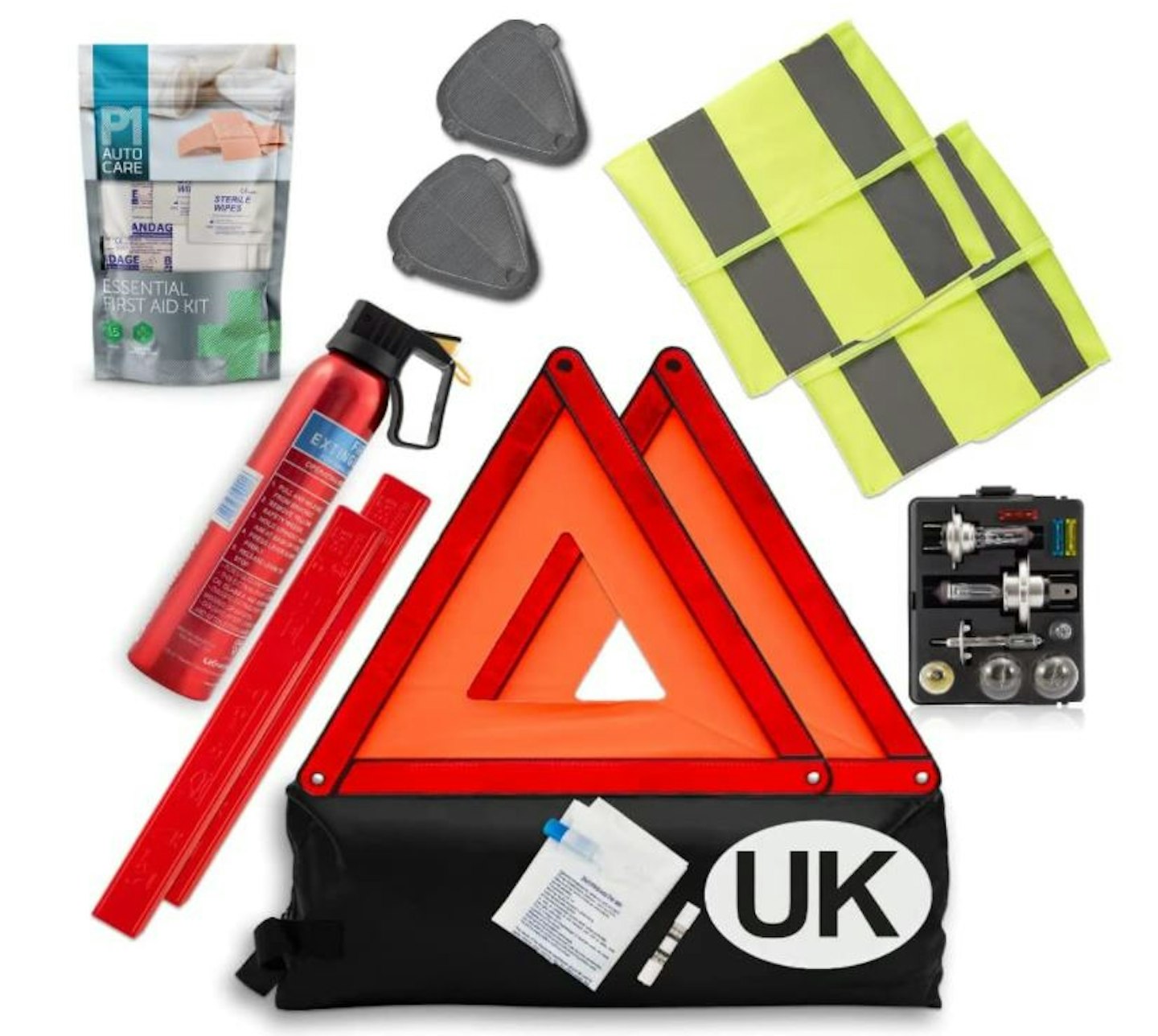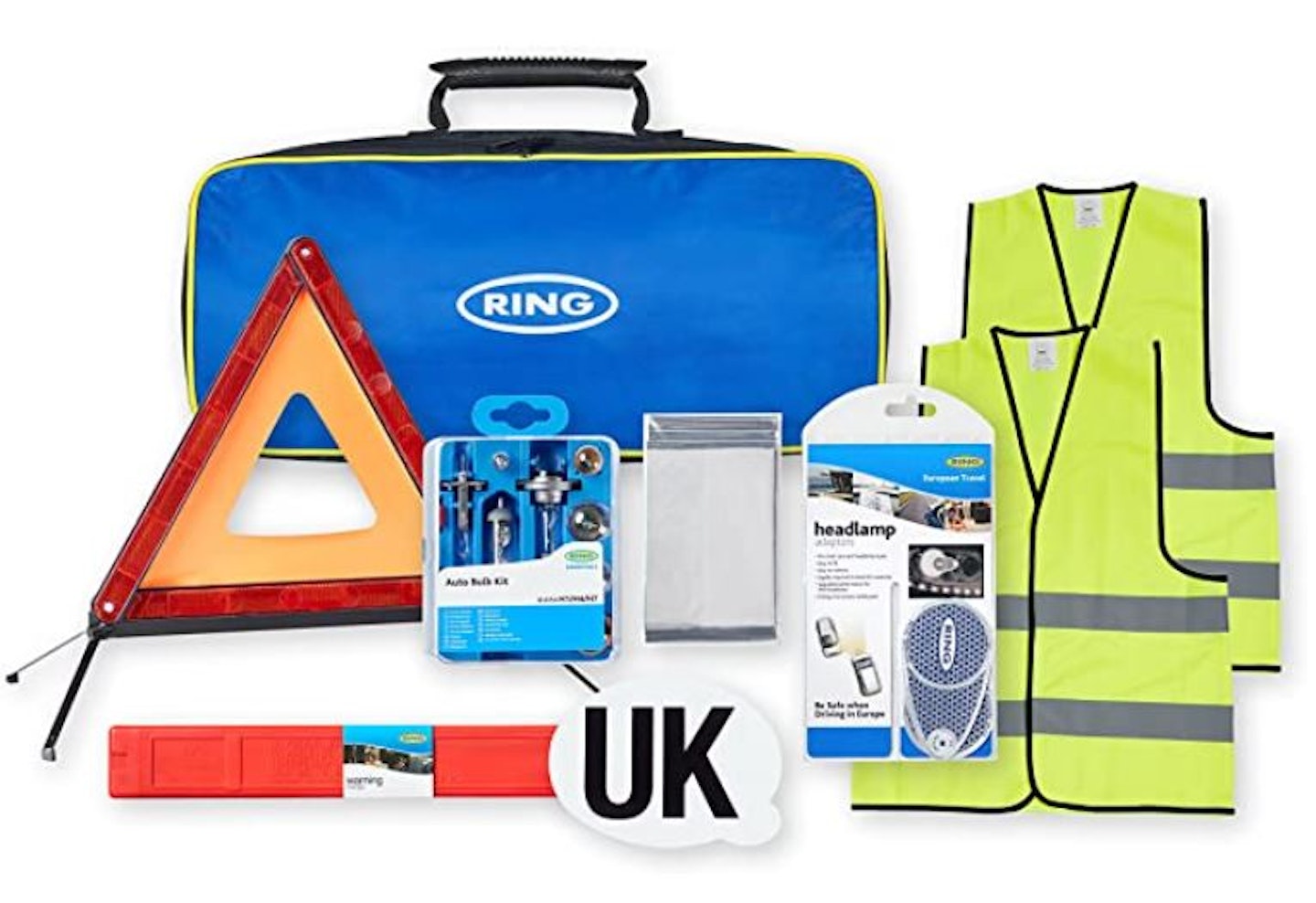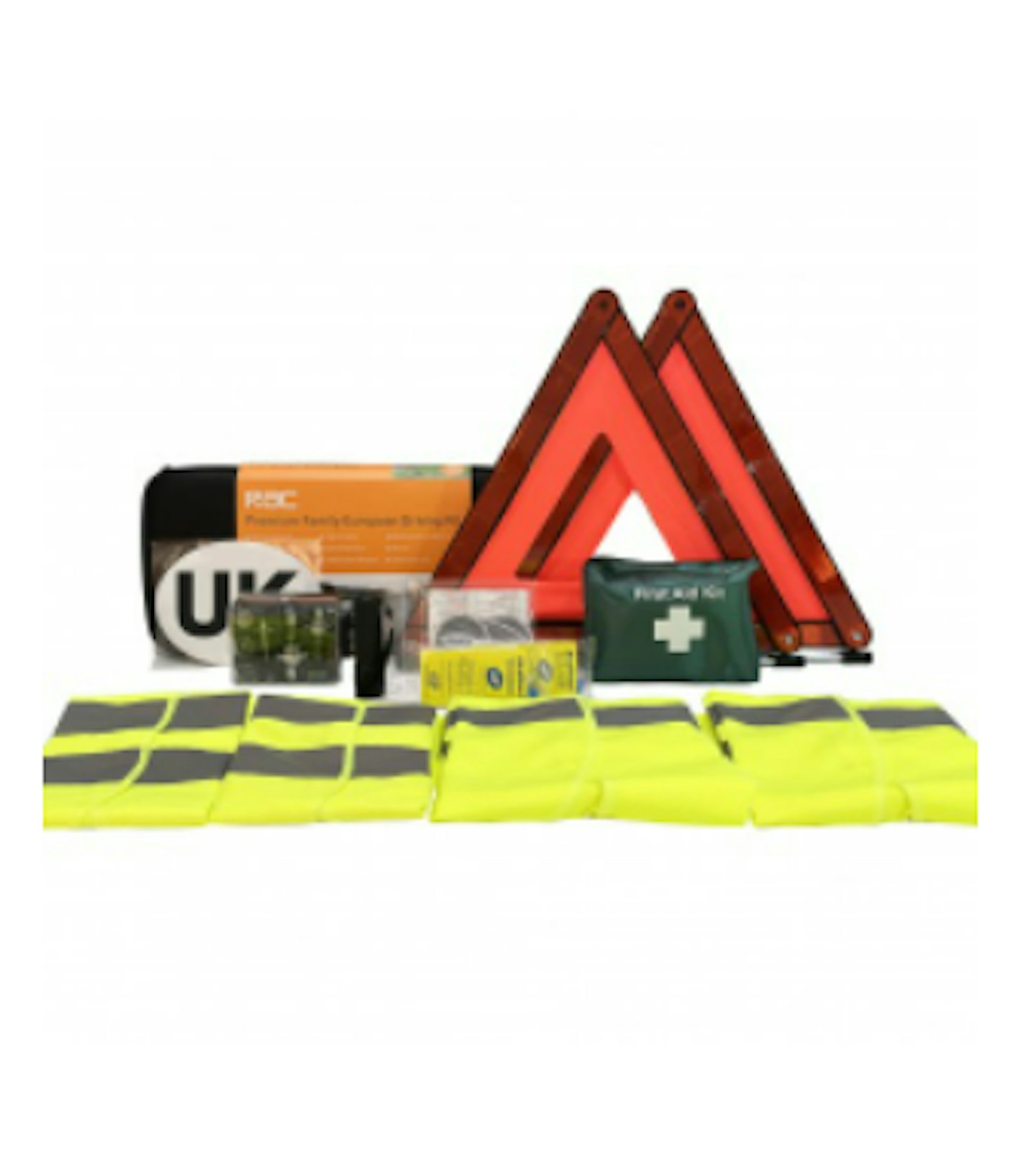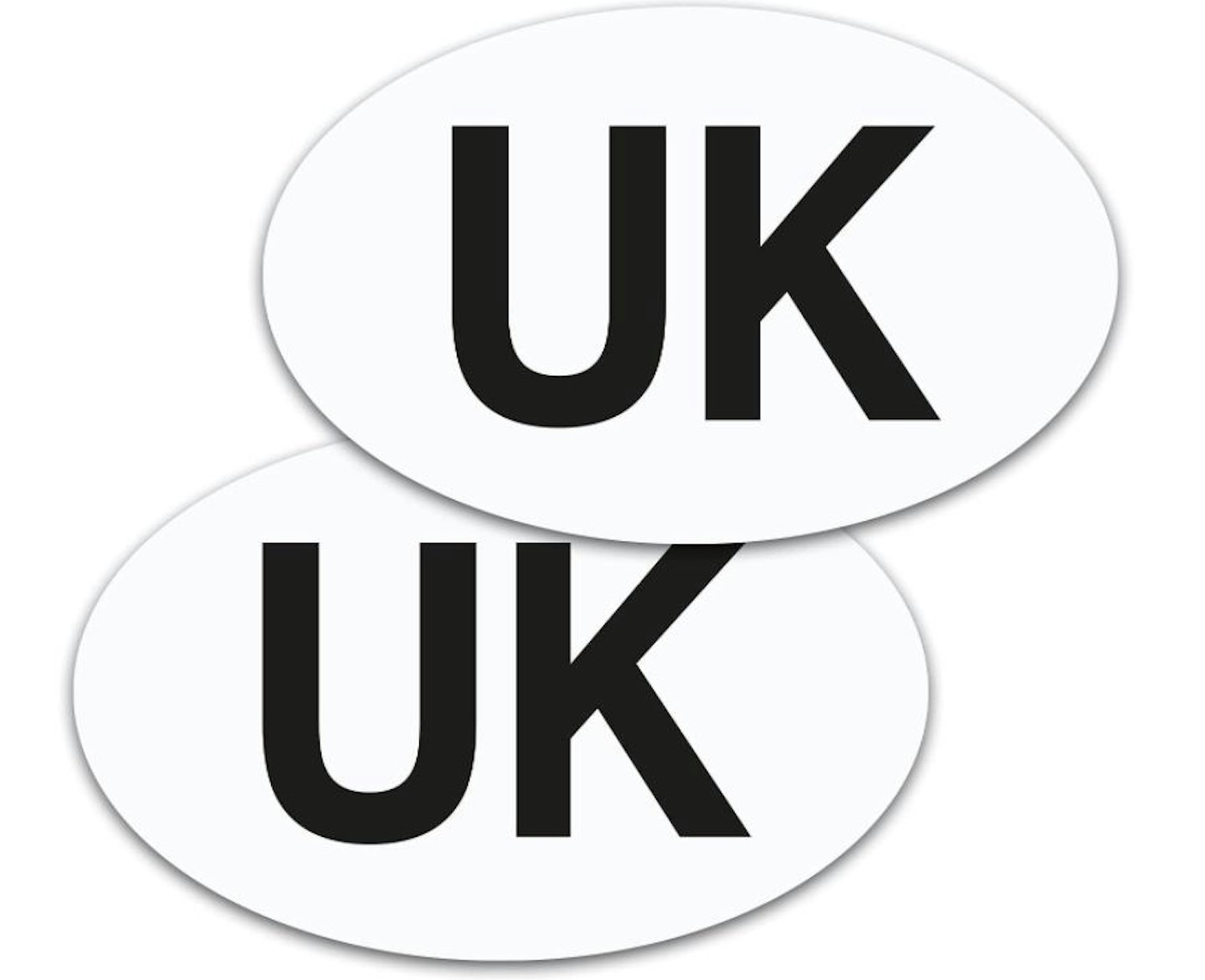Now that transnational European travel has returned to a reasonably simple level, there will be plenty of us itching to undertake another or perhaps inaugural continental drive.
It's not complicated or difficult, even with Brexit in place. But there are a few things worth knowing before you head off.
Documentation
This is all standard stuff but it's important standard stuff.
Passport: Must be valid for at least six months at the time of travel
Driving licence: Must be a full and valid licence. An international driving permit isn't needed unless you have a paper licence or a licence that was issued in Gibraltar, Guernsey, Jersey, or the Isle of Man.
Insurance: Take proof of insurance with you and check what cover your UK-registered car has when being driven in the EU. UK insurers provide a minimum of third party cover when driving in Europe. You don't need green card insurance for driving in the EU.
V5C certificate: This is your vehicle's log book. Take it if you have it. If you don't have one or have lost it, you can get a replacement here. If using a hire car, make sure you obtain the VE103 hire certificate from the car rental company before you go.
GB sticker: UK-registered vehicles need to display the letters 'UK' when driving in the EU. This can be displayed on the number plate, otherwise with a sticker.
Clean air stickers: Some countries like France and Switzerland require these stickers, which classify vehicles depending on their emissions. Do some quick research to find our whether you'll need one.
European driving kits
Leaving legal documents aside for a moment, you’ll have to arm yourself with some pieces of kit when driving in Europe. Get caught driving without them and you risk a fine.
Some items are essential. These include reflective jackets (one for every person in the car), a warning triangle, headlight beam deflectors, a UK sticker. If you’re travelling in Austria, Czechia, or Germany, a first aid kit is necessary. Poland even requires you to carry a fire extinguisher.
Other items are recommended. You don't need to go nuts but it's good for peace of mind to include items like a torch, and maybe some oil. The good news is that you can buy a pre-assembled European driving kit before you go, if you prefer.
The best European driving kits
Editor's pick
Contents: Warning triangle x 2, hi-vis jackets x 2, bulb kit, beam converters, UK sticker, first aid kit, 0.6kg fire extinguisher, approved breathalysers x 2.
This kit has everything you need for every EU country, so you can have total piece of mind as you bounce from place to place. The quality is acceptable but not fantastic. If you want top quality gear, use this kit as a guide and source your own individual pieces.
Best quality gear
Contents: Warning triangle, hi-vis jackets x 2, bulb kit, beam converters, UK sticker, first aid kit, foil blanket
Ring Automotive has a talent for producing quality aftermarket car parts and accessories. It makes our favourite tyre inflator, for example. This 10-piece kit is a bit more than what you'll find with some other kits but everything in it is of excellent quality, made to last.
The only things that are missing is a breathalyser kit for France and an extra warning triangle for driving in Spain.
This no-nonsense kit is suitable for driving anywhere except Poland due to the lack of fire extinguisher. The quality is very good, like the Ring Automotive kit.
Important individual items
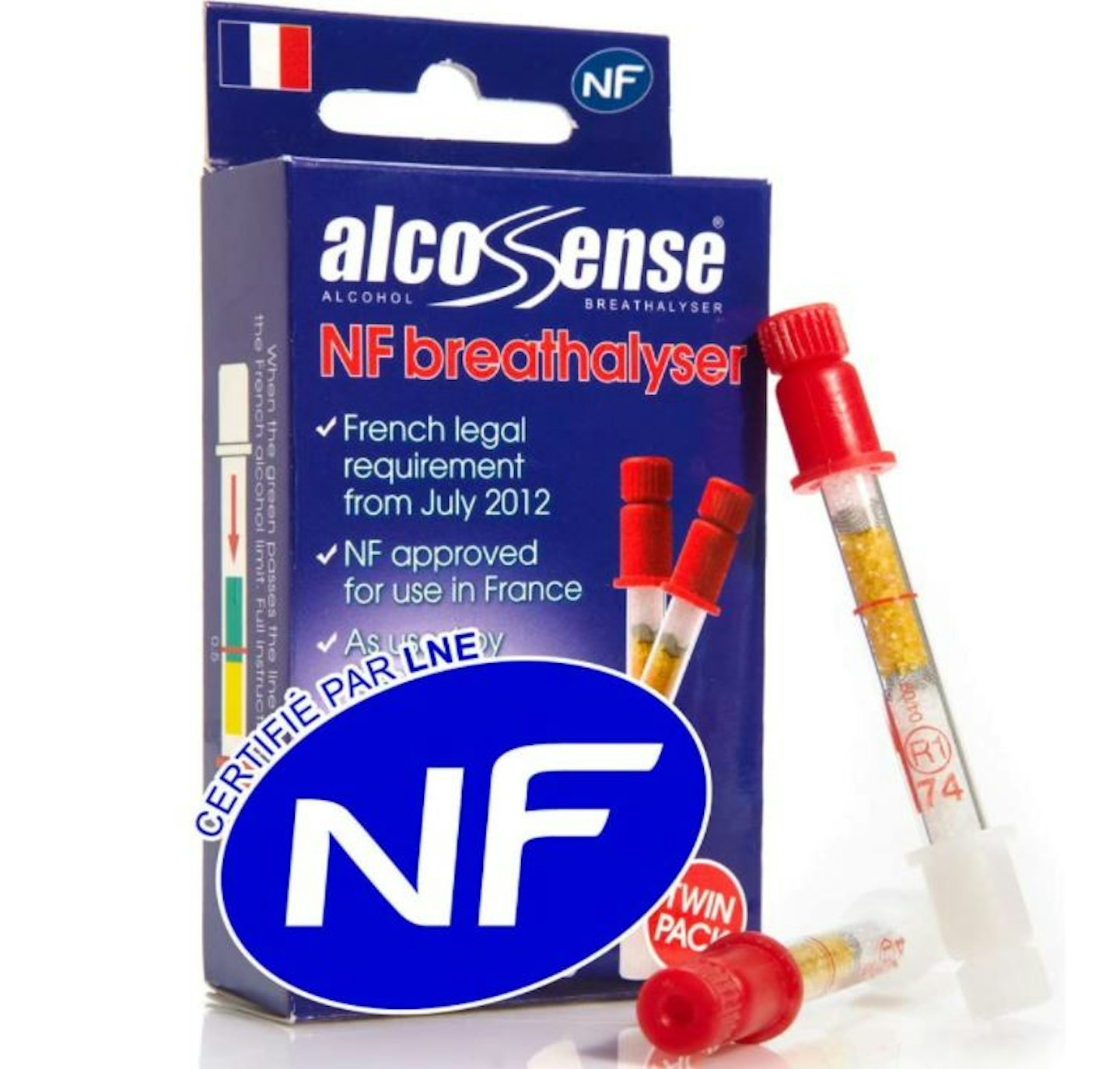
What to consider when choosing a European driving kit
Take care when buying a European driving kit. It’s important to buy one that serves your needs. Breathalysers and first aid kits have expiry dates – check your kit before leaving home.
Remember to pack enough safety jackets in the car. If you’re a family of six, you’ll require six jackets. Don’t be afraid of shopping around. You could find that it works out cheaper to buy a basic European kit, then purchase the additional items separately. Don’t leave it until the last minute and you’ll be fine.
Taking pets to the EU
You can take your dog or cat (or ferret...) with you to an EU country but the pet will need to have:
A microchip
Vaccination for rabies
Animal health certificate or pet passport valid in the destination country
Tapeworm treatment if travelling to Finland, Ireland, Northern Ireland, Norway, or Malta
You'll need to provide proof of all of these too. Pet passports issued in the UK cannot be used in the EU. The pet passport needs to be issued and accepted by the destination country. Otherwise you'll need an animal health certificate.
Find out exactly what you need by visiting the government website here.

